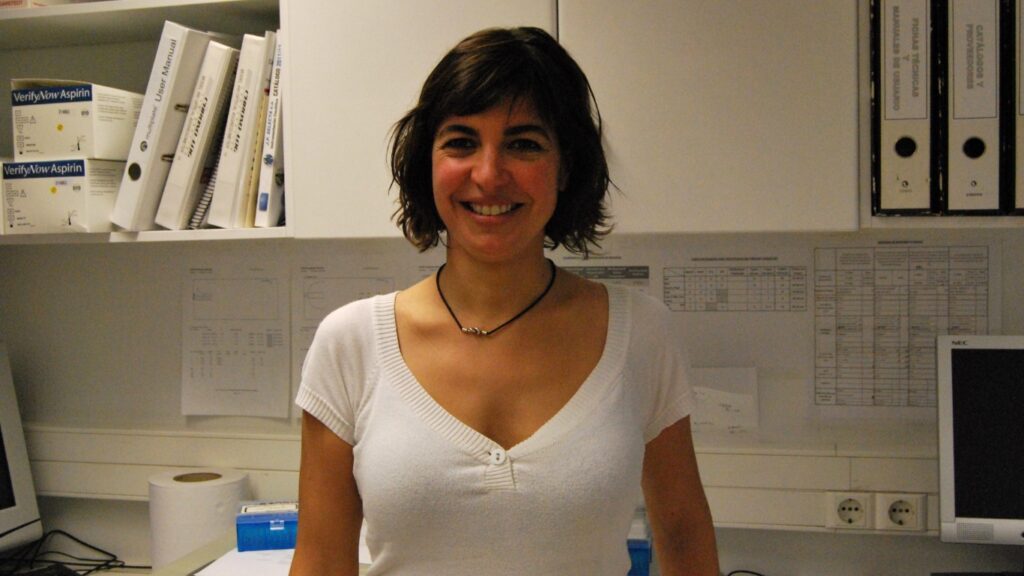The study concludes that the absence of glucose, an essential nutrient for energy, does not induce autophagy in cells
Autophagy is a protective mechanism that cells use in stressful situations. They degrade their organelles and recycle them to obtain energy and survive. It was thought that in all situations of lack of nutrients, cells initiate autophagy . A study by the Bellvitge Biomedical Research Institute (IDIBELL) and led by Cristina Muñoz-Pinedo challenges this dogma.
“We have found in various cell lines that lack of glucose does not induce autophagy” the researcher explained. The study results have been published in the Journal of Biological Chemistry.
“Autophagy inhibitors are being proposed as new antitumor drugs, as it is believed that autophagy is a protective mechanism for tumor cells to continue growing in nutrient-poor environments” continues Muñoz-Pinedo “and the fact that glucose deprivation, an essential nutrient, does not lead to autophagy requires us to reconsider the role of this mechanism in response to the lack of nutrients.”
Article’s reference
Ramírez-Peinado S., León-Annicchiarico C.L., Galindo-Moreno J., Caro-Maldonado A., Prehm J.H., Ryan K.M. and Muñoz-Pinedo C. Glucose starved cells din not engage in pro-survival autophagy. The Journal of Biological Chemistry. 2013 sep 6.

